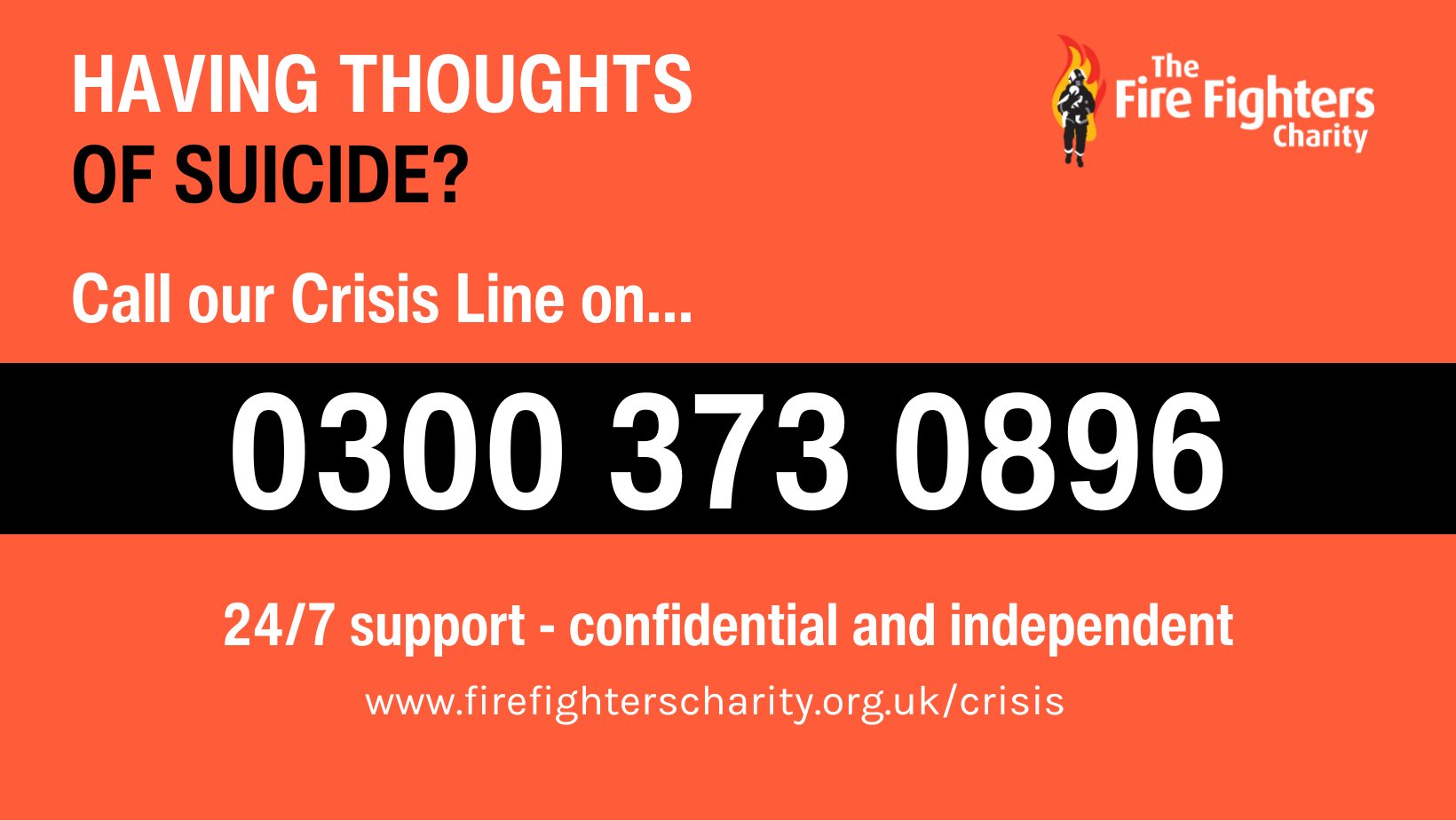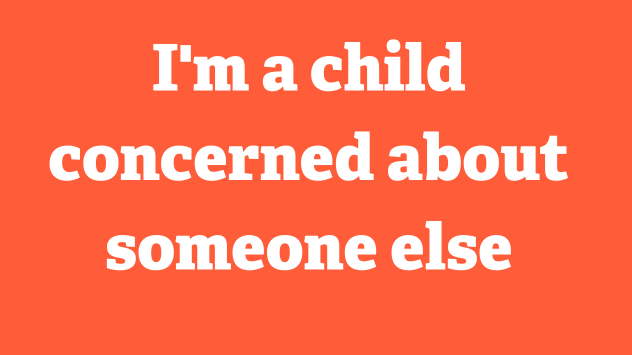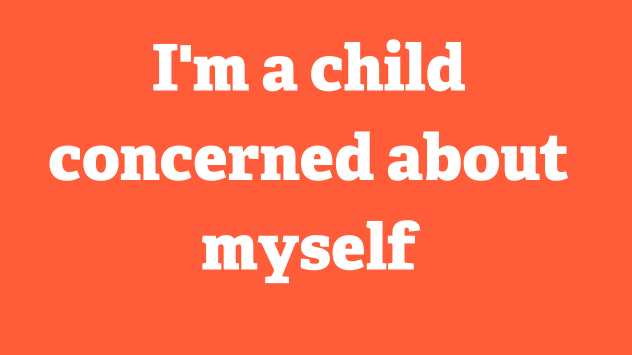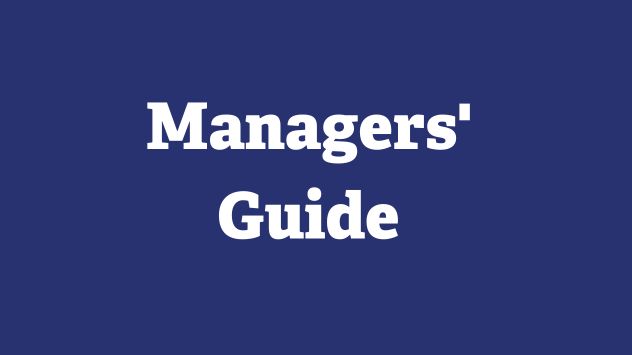What can I do to help prevent suicide?
One way to help with prevention is being aware of when anyone may have an increased likelihood of suicide. This means that everyone can be proactive in looking for signs and acting on them. Most people having thoughts of suicide do not actually want to die – they want their situation to change, and they’re struggling to see a way through – so there’s a lot that you can do to help. If you or someone you know is going through a difficult time, or if you see something that worries you, then we have guidance on what to do next.
Thankfully, dying by suicide is not a common event. However, 1 in 5 people report thinking about suicide at some point in their lifetime, and in the UK, there are around 11-14 deaths registered as suicide per 100,000 people each year. We know that people in certain groups and those with particular experiences are more likely to consider suicide, and these can include people in, or retired from, the Fire and Rescue Service.
Who is more likely to die by suicide?
Anyone can have suicidal thoughts, regardless of your life experiences and work responsibilities. However, research suggests that there are groups who have a higher-than-average likelihood of dying by suicide, including those who:
- identify as a man – with men three times more likely to die by suicide than women;
- have previously self-harmed or attempted suicide;
- have previous or current thoughts of suicide;
- have direct experience of suicide in others, e.g. through bereavement or seeing suicide during their work;
- have previous or current concerns about mental health.
It’s worth noting that many minority groups can be at increased risk or have differences in their experiences or how they present themselves and their struggles present. This can include LGBTQ+ people, autistic individuals, and cultural differences.
Research suggests that a combination of life experiences, feelings of being defeated, useless or a failure, coupled with feeling trapped, can lead to suicidal thoughts. However, feeling reassured that things can change, that you’re connected to others and that you matter and are valued can protect against them.
What life experiences have been linked to suicide?
Any significant life event, or an accumulation of experiences and pressures, can be difficult for an individual. Also, the impact of an experience may not always happen immediately or may change over time. There are some experiences that have been typically linked to suicide, even among people in the FRS, these include:
- the death of a loved one, including by suicide;
- relationship breakdown (both during and after);
- issues with other people, including abuse, conflict, discrimination and social isolation;
- physical illness or injury;
- work-related changes, e.g. reduction of responsibilities, going part time, loss of work/redundancy or retirement, facing disciplinary action/investigation;
- financial loss or hardship;
- traumatic events with lasting effects, such as road traffic incident or a workplace injury.
What are the warning signs?
Although people respond differently to life’s challenges, warning signs are more specific indicators that someone may be thinking about suicide or harming themselves. These can include:
- talking or having thoughts about ending their life, or saying they “can’t go on”;
- feeling hopeless about their future or that nothing can/will change;
- having serious or overwhelming emotional pain or distress – this could include feeling really stressed out, defeated or a failure, strong anger, anxiety or guilt, as well as sadness;
- changes in their interactions with others or withdrawing from people or places;
- getting their affairs in order’ e.g. giving away possessions or making a will;
- saying goodbye to those around them.
Not all people who are thinking about suicide will appear mentally unwell, depressed or down. It’s also worth remembering that most people who have thoughts of suicide don’t actually tell anyone: any signs that someone is struggling can be relevant. You might see changes in how someone normally behaves (e.g. their sleep, drinking, stress, their feelings, etc.) or thinks (e.g. out of character, intrusive or troubling thoughts). Most of the time, this won’t mean talking specifically about suicide; it’s more about checking in and supporting them to look after their wellbeing and to seek help, where needed. There is advice on how to approach this in the pages linked below.
Are there different signs in children and young people?
In younger people and children, there are some other things to look out for, including:
- signs of peer pressure;
- being a victim of or engaging in bullying;
- difficulties with or changes in academic performance;
- academic or school-based stress or worry.







